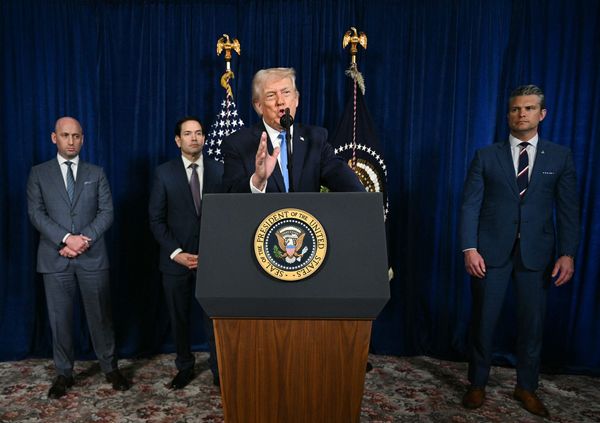
Evidence to support the widespread use of psychedelics to treat mental health conditions such as depression is lacking, according to politicians and representatives of peak health bodies interviewed for a research paper published on Wednesday.
Researchers from Monash University in Melbourne conducted in-depth interviews with senior experts from a range of organisations involved in psychedelic drug law reform, clinical use or regulation.
The interviewees – who cannot be identified due to study ethics requirements – included state and federal politicians, members of peak bodies representing clinicians and unions representing mental health workers. They were asked about potential issues around prescribing psychedelics.
The interviews were conducted between September and January. In February, drugs regulator the Therapeutic Goods Administration (TGA) announced that psychiatrists would be able to prescribe medicines containing psilocybin for treatment-resistant depression and MDMA for post-traumatic stress disorder. These changes took effect in July.
Some mental health researchers have criticised the decision as questionable, concerning and driven by the influence of lobby groups instead of health experts.
The TGA has denied this, saying the decision acknowledged that evidence for the use of the substances in treating mental illnesses is not yet well established. However, given the lack of treatment options for severe depression and strict prescribing safeguards in place, the TGA believes the benefits outweigh the risks.
The interviewees in the Monash study were hesitant to support the widespread clinical implementation of psychedelics due to concern about this poor quality of evidence.
They expressed that a stronger research base on the use of psychedelics in mental health was needed, and noted methodological flaws in existing research such as small sample sizes, short durations and the use of participants who were not representative of the general population.
“We don’t want to run before we walk. We want to make sure there’s a really good evidence base behind this,” one participant told the researchers.
Another theme that emerged from the interviews was the need for clear and consistent messaging about what treatment involves to combat negative stigma and gain support among the general public.
“These findings suggest significant effort may be required to convince those charged with designing legislation and supporting clinicians about the role of psychedelic assisted options in treating mental health conditions,” the paper, published in the journal Public Health Research & Practice, found.
A co-author of the paper, Prof Chris Langmead, said he was personally supportive of the TGA decision “given the paucity of other available options for those cohorts of patients with treatment-resistant depression”.
But he said now the decision had been made, it was important those prescribing the medicines and those who represented consumer groups also felt confident in the changes, even if prescribing was not widespread. He said the findings of the paper suggested more education may be needed.
“We’re not giving people ecstasy and sending them home,” he said. “We’re giving them a defined dose of pharmaceutically manufactured MDMA that is delivered in a controlled clinical environment, which is a very different concept than just being given any psychedelic drug.”
Prof Susan Rossell, a cognitive neuropsychologist at Swinburne’s Centre for Mental Health who was not involved in the research, said the paper “really speaks to what we have all been saying – that as experts in the field we need good-quality rigorous data to ensure that the data that is reported on is of the highest standards”.
“This will give us the best chance of ensuring that any changes to regulations can be reinforced,” she said.
“At present there isn’t the data we need to give widespread support to psilocybin for depression or MDMA for PTSD. Initial data is certainly promising but a great deal more needs to be known. I think that we need to revisit to the TGA decision with data.”







